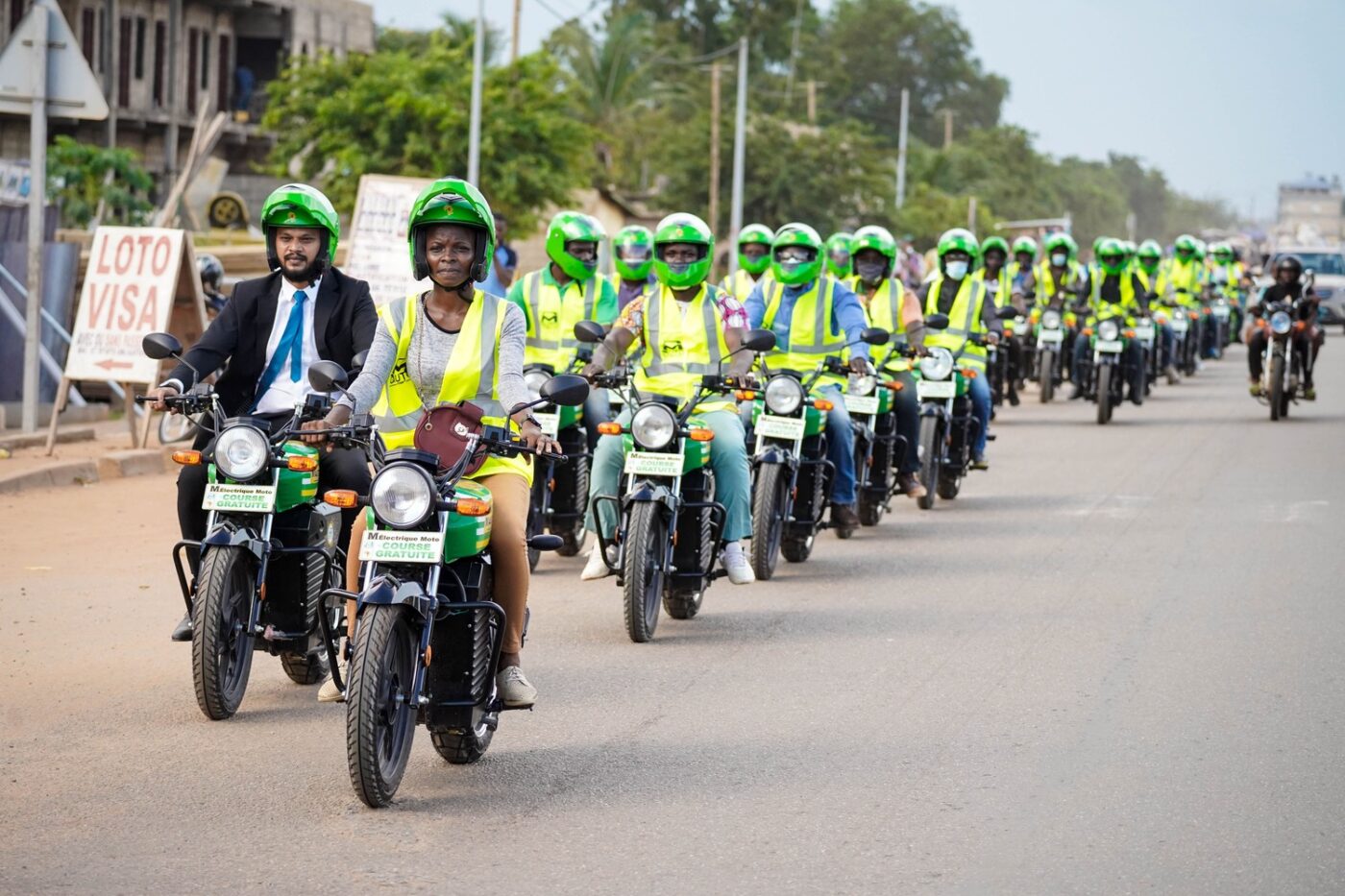Back
Mobility in Africa: the electric two-wheeler bid
14 June 2023

Analysis
According to a 2021 study by McKinsey, 50 to 70% of motorcycles sold in Africa should be electric by 2023. In the face of accumulating environmental and health challenges, electric motorcycles, which are less polluting and more economical over time, offer an interesting alternative to certain cities such as Nairobi, Kampala or Cotonou, which have a significant proportion of fuel motorcycles.
Urbanization, environment and health: three gas pedals of the electricity transition
Population growth, global warming and the rise in respiratory diseases are three factors driving profound changes in mobility habits on the continent. By 2040, African cities will be home to almost a billion people. While this demographic explosion opens up positive prospects for African countries, it also raises concerns about the management of urban pollution. In Kenya, according to World Health Organization estimates, nearly 19,000 deaths are linked to urban pollution every year. To meet this challenge, the authorities have set a target to raise the share of electric vehicles to 5% of annual vehicle imports by 2025, compared with less than 1% at present. A new national plan for the development of electric mobility was also announced on June 1st this year to enable the deployment of affordable electric motorcycles by September 2023. In Uganda, the government, with the support of the private sector, is banking on the local manufacture of electric vehicles. The benefits are twofold: lower acquisition costs compared with imported models, and local job creation and skills transfer.Major challenges for large-scale adoption
For consumers, "range anxiety" is the number one obstacle to buying an electric motorcycle. Charging stations are still unevenly distributed, with most still located in major urban centers. In recent months, however, the deployment of charging stations has accelerated with the introduction by certain players of battery swapping solutions, which are more advantageous for users. The initial cost of electric motorcycles, on average 25% to 30% higher than combustion bikes, remains a major obstacle. To encourage the purchase of electric two-wheelers in Togo, the government has adopted tax exemption measures, while some market players are offering innovative acquisition conditions. SPIRO, one of Africa's leading motorcycle manufacturers, is offering drivers the chance to swap their ICE motorcycles for an electric model, with no upfront cost. Apart from market leaders such as SPIRO, Metro Africa Xpress (MAX), ROAM, and Ampersand, companies in the sector are experiencing difficulties in attracting investors. According to a study conducted by the Shell Foundation in Ethiopia, Kenya, Nigeria, Rwanda and Uganda, the deployment of electric two-wheelers by 2030 would cost between USD 3.5 and 8.9 billions. If the electric two-wheeler revolution is to materialize, significant investment will be needed, as well as a clear commitment on the part of governments to introduce fiscal and regulatory measures to promote sustainable urban mobility accessible to all.About the author
Kevin Nana is a consultant at Concerto, he specialises in economic issues and in particular the infrastructure and transport sectors in Africa. For further insights and analysis, or to better understand how Concerto can support your business, please email insights@concerto-pr.com.